Mediamax continues “Special File” project, that presents unknown or less known details of the Armenian foreign policy.
David L. Phillips is Director of the Program on Peace-Building and Rights at Columbia University’s Institute for the Study of Human Rights. He served as a Senior Adviser and Foreign Affairs Expert at the U.S. Department of State under Presidents Clinton, Bush, and Obama.
David L. Phillips has extensive experience working on Turkish-Armenian issues as Chairman of the “Turkish-Armenian Reconciliation Commission”. He is the author of books “Unsilencing the Past: Track Two Diplomacy and Turkish-Armenian Reconciliation” (2005) and “Diplomatic history: The Turkey-Armenia Protocols” (2011).
- The rapprochement process between Armenia and Turkey is now almost completely stalled, and even the recent meeting between Edward Nalbandyan and Ahmet Davutoglu not to have broken the ice. Do you consider it possible to return Zurich Protocols on the agenda?
- The Protocols are suspended. Prime Minister Erdogan and his AKP-led government are responsible for the diplomatic impasse. Ankara can revive the process at any time by submitting the Protocols for ratification by the Turkish Grand National Assembly. There’s also another way.
Erdogan can issue an executive order to open the Turkey-Armenia border for normal travel and trade. He can instruct Turkey’s Foreign Ministry to establish diplomatic relations with Armenia. Such steps take leadership; they require statesmanship. It is unlikely that Erdogan will act to repair relations with Armenia, as Turkey embarks on a 2-year election cycle.
- Once you mentioned that all the parties, including the stakeholders, made some mistakes during the process. If we cast a retrospective glance, which were the main mistakes of main parties - Turkey, Armenia and US – and what lessons could they learn from that failed attempt of normalization?
- Ankara repeatedly tried to link normalization of relations with Armenia to events in Nagorno-Karabakh, even though there was no mention of NK in either of the protocols or the annexes. Turkish officials thought the normalization process would be served by “constructive ambiguity.” They assumed that the two issues would be considered in parallel. There is no place for wishful thinking in diplomacy.
When the Protocols were announced, there was a firestorm of controversy in Azerbaijan. Ankara grossly underestimated Azerbaijan’s opposition and economic leverage. Erdogan travelled to Baku with his newly-appointed Foreign Minister Ahmet Davutoglu who wanted to scratch the Protocols altogether and negotiate a whole new agreement. Erdogan dismissed reports of de-linkage as “slander.” He emphasized the principle of “one nation – two states,” assuring Baku: “It is impossible for us to open the border (with Armenia) unless the occupation ends.”
Ankara was unabashed about declaring that the “dialogue on historical issues” would be used to contest whether events of the early 20th century met the definition of genocide. Turkish officials expected a historical commission to affirm its view that a “mutual tragedy” occurred, and to consider the deportation of Armenians within the historical context of Armenia’s rebellion against the Ottoman Empire. That was a serious miscalculation.
Ankara thought that normalization would mollify calls for recognition of the Armenian Genocide. Turkish politicians mistakenly view Genocide recognition as an obsession of the Diaspora. No Armenian – in any country or belonging to any political faction -- would ever forsake the goal of Genocide recognition for normalization of relations with Turkey.
Armenian Foreign Minister Nalbandian announced the Protocols on April 22, 2009 but the text of the Protocols was not made public until August 31. The Armenian Government should have been more transparent. Failing to disclose details of the Protocols until months after they were signed created a vacuum, which allowed speculation that the Protocols sold out Armenia’s core national interests.
The announcement was just two days before Genocide Remembrance Day. The timing was wrong. Critics of the Protocols maintained that they were announced to give President Obama cover so he wouldn’t have to use the “G-word” in his Presidential statement on Remembrance Day.
Yerevan thought the historical commission and other commissions would buttress facts affirming the Genocide and provide a forum for resolving issues, including legal matters. However, Dashnaks and others suspected that Turkey would manipulate the historical dialogue to question the veracity of the Genocide. Questioning the Armenian genocide is tantamount to undermining the Armenian state that, according to Article 11 of the 1990 Declaration of Independence, stood for “achieving international recognition of the 1915 Genocide in Ottoman Turkey and Western Armenia.”
The Armenian Constitutional Court opinion on the Protocols, gave Turkey something to complain about. The United States welcomed the Court’s opinion. But Ankara did not. Opponents of rapprochement in Turkey used the Constitutional Court to raise questions about Armenia’s goodwill.
The State Department heralded the Protocols as a “diplomatic breakthrough” because it delinked bilateral issues between Turkey and Armenia from Nagorno-Karabakh. This understanding should have been made explicit when President Barack Obama met President Abdullah Gul and Erdogan during his trip in April 2009. Instead of affirming de-linkage, Obama was silent on the issue.

David L. Phillips.
Photo: from 3.bp.blogspot.com website.
The U.S. should have worked with the Swiss Authorities to make sure that the text of remarks by Davutoglu and Nalbandian were exchanged well in advance of 5.00pm on October 10, 2009 (when the Protocols were to be signed). More advance notification would have prevented last minute problems that poisoned the atmosphere of the signing ceremony. There’s a golden rule of diplomacy: no surprises!
Secretary of State Hillary Clinton’s personal involvement was critical to rescuing the signing ceremony and keeping the deal on track. Subsequently, monitoring ratification and implementation was assigned to U.S. officials of lesser rank. Secretary Clinton placed her personal prestige on the line. She could have helped maintain momentum by designating a Special Envoy for Ratification of the Protocols. State Department officials working on the file were competent, but more pressure at a higher level was needed to seal the deal.
- In your monograph titled “Diplomatic History: The Turkey-Armenia Protocols”, you recalled the details of signing ceremony on October 10, 2009 and the last-minute hitch over the final statements. Can we conclude that such a step of the Turkish delegation demonstrated that Ankara didn't have enough political will and readiness to carry out the Protocols and Armenians just could not have any trust to Turkey after that?
- Ambassador Ertugrul Apakan, the Turkish official who managed the negotiations, told me: “Reality has two shores.” There was fundamental disconnect between the Turkish and Armenian sides. The last minute misunderstandings at the signing ceremony was a harbinger of problems to come. It was more than a problem of political will. There exists deep distrust between the parties. More work was needed then – and is still needed to build confidence. Civil society can play an important role with confidence-building measures. Even though the Protocols are suspended, it is still possible to open the border gate for tourism and commercial contact.
DOSSIER
Passages from David L. Phillips monograph “Diplomatic history: The Turkey-Armenia Protocols”
Signing Ceremony
The signing ceremony was scheduled to be held at the University of Zurich on October 10, 2009. Davutoglu and Nalbandian each planned remarks to commemorate the “historic moment in Turkish-Armenian bilateral relations.” Turkish and Armenian negotiators had reached an understanding: they would avoid open discussion of sensitivities. To maintain constructive ambiguity, they agreed that neither Davutoglu nor Nalbandian would mention the genocide or refer to NK.
Ten minutes before the signing ceremony, which was scheduled for 5:00 p.m., the Armenian delegation asked to see the Turkish statement. Texts were exchanged through the U.S. delegation. Nalbandian saw Davutoglu’s text and was aghast. According to an anonymous Turkish official, the Armenians objected to Davutoglu’s emphasis on the joint historical commission, insisting that allowing the commission’s work was tantamount to denial of the genocide. Armenian officials have a different recollection. An anonymous Armenian official insists that Davutoglu intended to speak about the historical commission’s importance, as well as NK. Ambuhl reflects on their different memories, “Both sides were speaking the truth.” Implicit and explicit differences were conflated.
Calmy-Rey stayed upstairs in the “Aula,” the auditorium where the signing ceremony was to take place. She was with the VIPs who were waiting to witness the signing of the Protocols. The media was off to one side of the auditorium. The Zurich mayor and university rector were mingling, trying to keep everyone engaged. Ambuhl left the Turkish delegation in the University of Zurich’s Senate hall and rushed two kilometers in a police vehicle to the newly-renovated Dolder Hotel where the U.S. and Armenian delegations were staying. It was highly unusual in Zurich for a police vehicle with flashing blue lights to go speeding through town. He and Clinton went to Nalbandian’s room. Nalbandian was visibly agitated, channel-surfing between football matches. The Swiss came up with a compromise: neither side would make remarks. Clinton and Nalbandian drove in the same car to the University of Zurich—three hours behind schedule.
Diplomats attending the ceremony responded to the delay differently. Secretary General of the Council of the European Union Javier Solana was concerned, but followed the U.S. lead. French Foreign Minister Bernard Kouchner was energized, but did not play a major role; Ankara would never accept a mediation role for France. It viewed France as pro-Armenian because of the French Senate resolution recognizing the genocide and France’s outspoken Diaspora community, which is a force in French politics. Lavrov used his influence to help seal the deal, providing Nalbandian with a strongly worded letter that urged him to sign.
The Protocols were finally signed at 8:00 p.m. As agreed, no statements were made after the signing. Clinton, Solana, Calmy-Rey, Lavrov, and Kouchner stood behind Nalbandian and Davutoglu as witnesses, and as a signal of the international community’s support. Calmy-Rey was the only speaker. Welcoming the agreement, she addressed the audience and media assembled in the Aula. Winston Churchill spoke in that same auditorium on September 19, 1946, saying: “The first step in the recreation of the European family must be a partnership between France and Germany.” The historic address concluded, “Let Europe Rise.” The symbolism was trenchant. If France and Germany could overcome their enmity and Europe could bind together in common purpose, then Turkey and Armenia could also overcome their differences.
- Prime Minister Erdogan is actively seeking to succeed President Gul in 2014. According to British Oxford Analytica's report, “Erdogan could take the Armenian issue away from Gul and make it his own”. Do you consider such a prediction realistic?
- Erdogan is pugnacious and confrontational. He always acts in his own political interest, especially during an election cycle. When it comes to domestic politics, Erdogan risks more than he gains by focusing constructively on Armenian issues. There are more friendship monuments and churches to destroy, if Erdogan has his way. Anti-Armenian politics played well in Turkey. A return to that mentality would be a major setback.
- In 2015, Armenians will commemorate the Centennial of Genocide. What impact will this date have on policies and moods both in Armenia and Turkey? Do you think the Turkish government will keep the protocols to make another “political show” ahead of 2015?
- 2015 is an important centennial anniversary. Armenians wake up every morning, gaze across the border at Mount Ararat and lament the suffering of their ancestors and lost territories in “Western Armenia.” On the other hand, Turkey is surrounded by problems, many of its own making. Davutoglu’s “zero problems with neighbors” policy is a total fiasco. Armenian issues are way down the list of Turkish concerns. Initiatives such as the Gallipoli anniversary are clearly an attempt to dilute the centennial of the Genocide. But nothing has changed since Hillary Clinton observed, “The ball is in Turkey’s court.”
The Obama administration can take the issue of Genocide recognition off the table by simply recognizing the Armenian Genocide. Rather than refer to his “well-known personal view,” President Obama should characterize the events as genocide in his 2014 Presidential Statement on Armenian Remembrance Day. Secretary of State Kerry has always been a strong supporter of Genocide recognition.
Turkey is increasingly an unreliable ally of the West. Erdogan tarnished his democratic credentials by cracking down on peaceful protesters last summer. The AKP is rife with corruption and cronyism. U.S. officials should see Turkey as it is, not as it was or how they want it to be.
Aram Araratyan talked to David Phillips.
















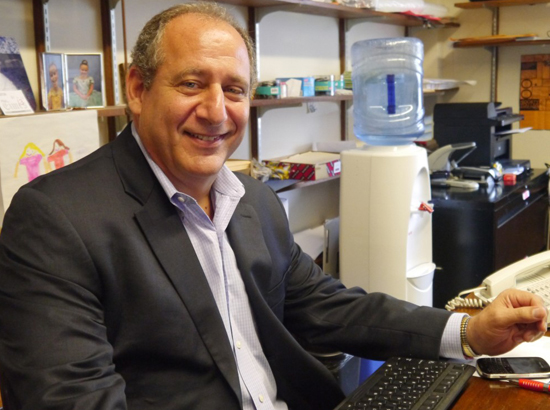
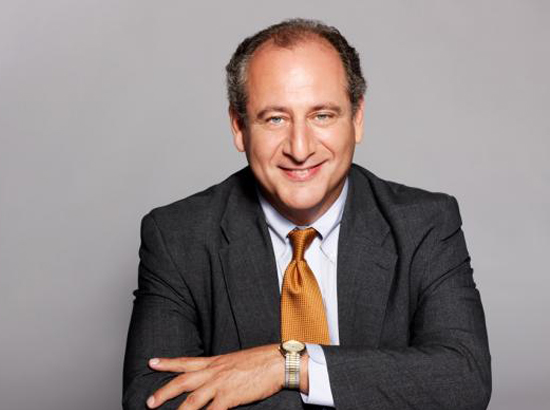

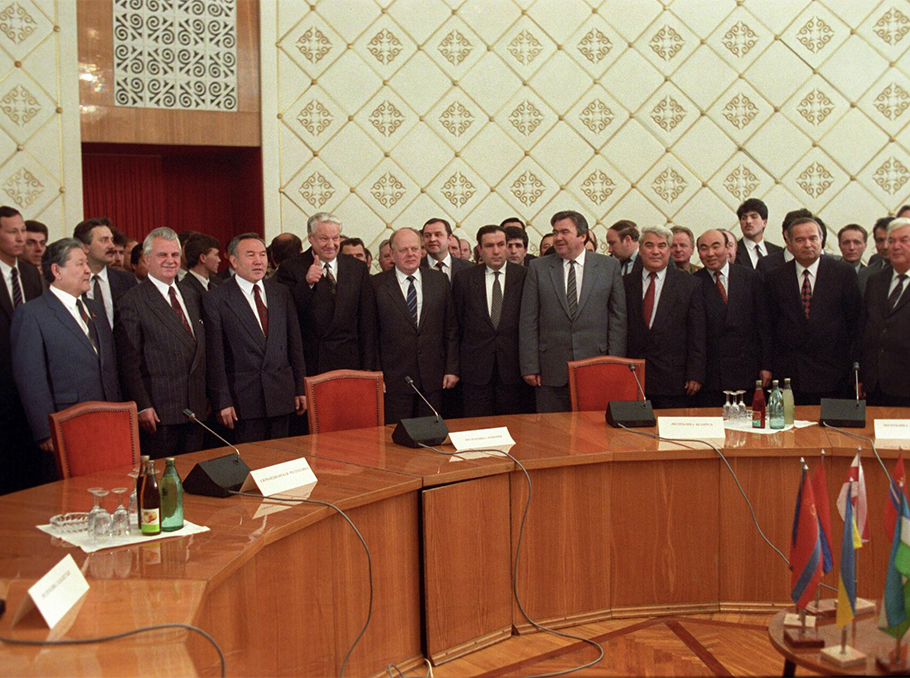
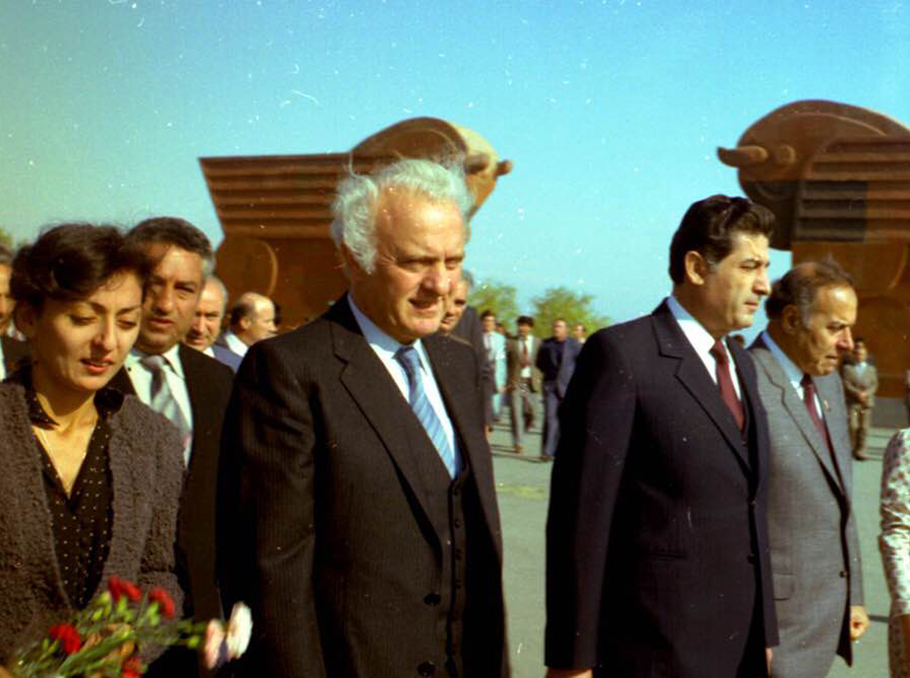
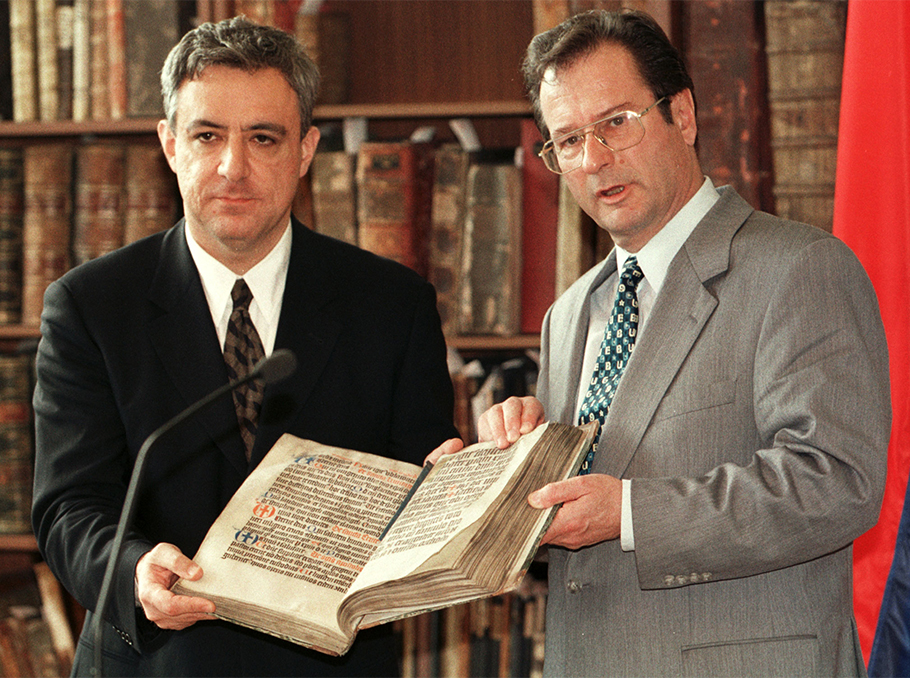
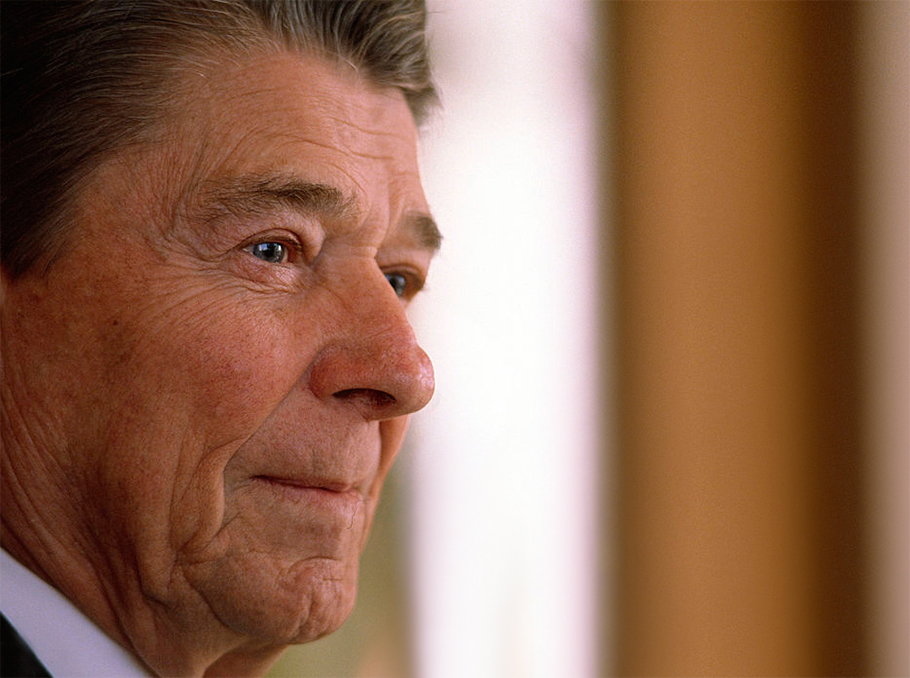
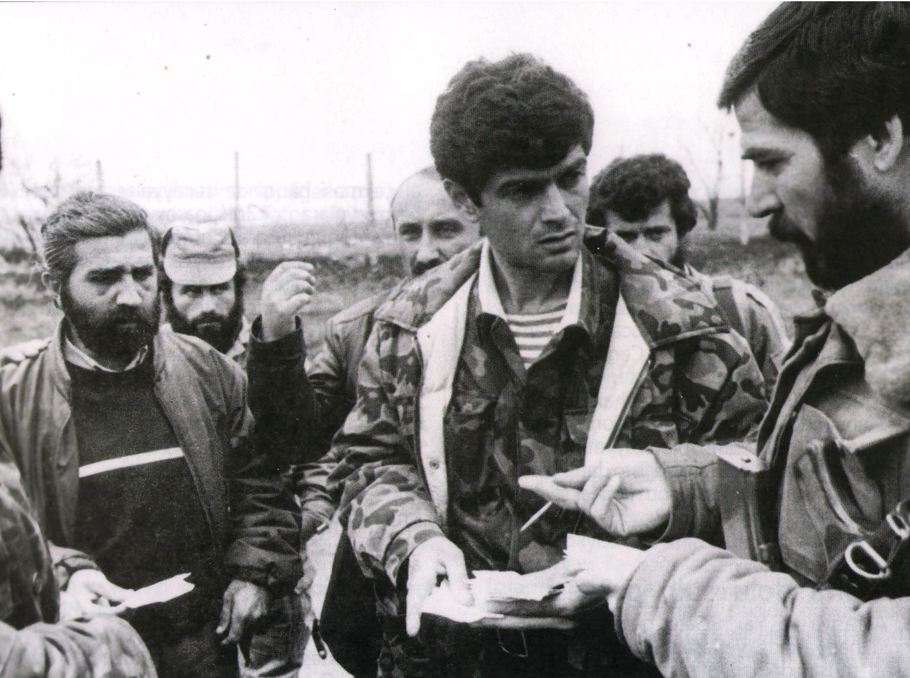






Comments
Dear visitors, You can place your opinion on the material using your Facebook account. Please, be polite and follow our simple rules: you are not allowed to make off - topic comments, place advertisements, use abusive and filthy language. The editorial staff reserves the right to moderate and delete comments in case of breach of the rules.